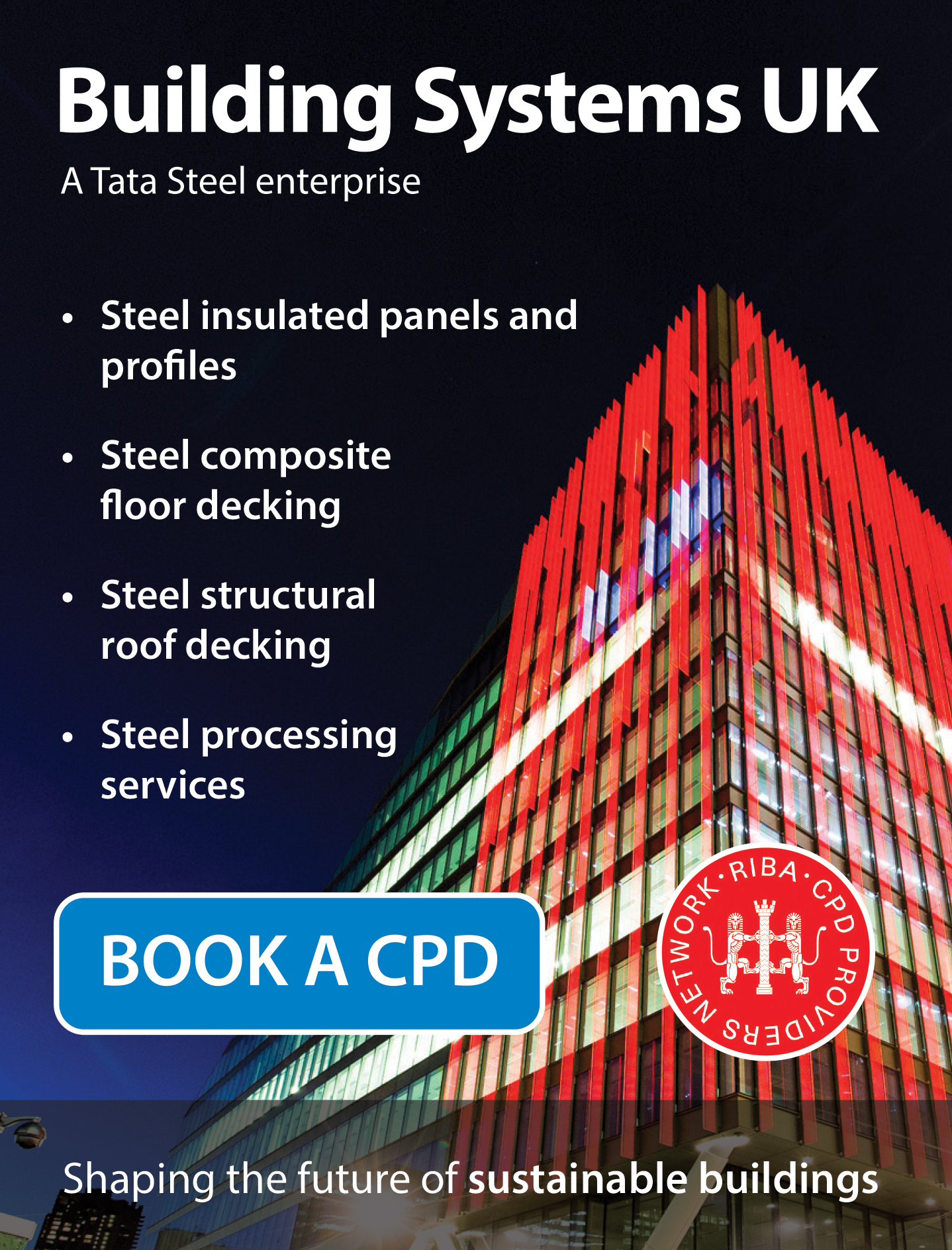Buying a fixer-upper can be extremely tempting since it outlays the perfect opportunity to purchase a house at a much more discounted price than that of a brand-new home. .
The opportunity presents itself after the purchase, since you can improve the property and sell at a higher profit once you’ve done the house up, another factor adding to its appeal.
However, this easier said than done, and there are many factors worth considering before diving headfirst into a fixer-upper project. Ultimately you want to ensure that you are getting your time and money’s worth when making this purchase.
Outlined below you will find a few useful tips that will lead you in the right direction.
Research the market
One other factor to take into consideration when choosing whether to purchase a fixer-upper is the market in that specific area is to research the market.
What is meant by this? Let’s say you are looking for an incredible deal for a fixer-upper in a particular area of Australia. You should do some research into the current and future buying potential/interest for that given area before jumping to make any payments. This is where a good real estate agent would really come in handy, and https://www.top10realestateagent.com.au/ recommends some of the best if you’re in Australia. A real estate agent will be able to tell you if the price value of houses in that area will decrease soon, which let you know whether it’s worth making this purchase.
On the other hand, if looking to buy a fixer-upper home in an upmarket residential area, chances are you can probably raise your selling price based on the other luxury homes around you. You can use this information to make your price more affordable in comparison to some of the other brand-new properties for sale. Bargain!
Cosmetic improvements
Essentially your ideal fixer-upper house would be one that only requires cosmetic improvements, not any drastic foundational ones.
These pertain to any interior and exterior damages that require an easy, affordable, fix such as broken windows, peeling paint, patchy walls, faulty door hinges, or missing floor tiles. Such problems can easily be improved with a flick of paint, or with floor replenishes for example.
When looking out for cosmetic improvements that need to be done, it’s imperative to know that these don’t include the expensive core/foundational fixes such as replacing a new roof, water systems, electrical rewiring, etc. Taking on the work of replacing such damage is extremely costly, and thus probably isn’t worth the investment.
It’s important to be aware of the different rooms in a house that are the most worthwhile to fix, for example, the kitchen. This is often one of the most used spaces in a home, so do check out for things such as easy to replace cupboards and handles, kitchen location, etc. Bathrooms are another particular room that add or decrease value, so make sure to give them a thorough inspection too.
The location
Ever heard the expression: location is everything? When purchasing a fixer-upper, the purpose of fixing up the home is to resell it at a better/higher value in the future.
Location plays a pivotal factor in deciding where to purchase any home for that matter and there are various elements that you should consider when thinking about location, especially when it comes time to sell.
Is the house close to schools and supermarkets? Is it conveniently placed within the CBD? Are there effective transport systems close by?
Realistically, location not only affects the price value but also the likelihood of your fixer-upper house being bought.
Calculate the cost
Following on from the previous tip, even if it is simply cosmetic improvements that are necessary when purchasing a fixer-upper and no work is needed to the foundation of the house, the total cost of these improvements should still be calculated as accurately as possible.
This allows you to gain a rough estimate of how much needs to be spent in total, and if the purchase is then worthwhile or not.
Essentially a fixer-upper will always cost less to purchase than that of a home in perfect selling condition, but it’s still beneficial to gain an idea of just how much extra you will be spending.
After purchasing the initial property, you now have to make the fixes and renovations to the house, and according to the Housing Industry Association (HIA), on average buyers end up spending between $40,000 and $200,000 (Australian) on these changes.





